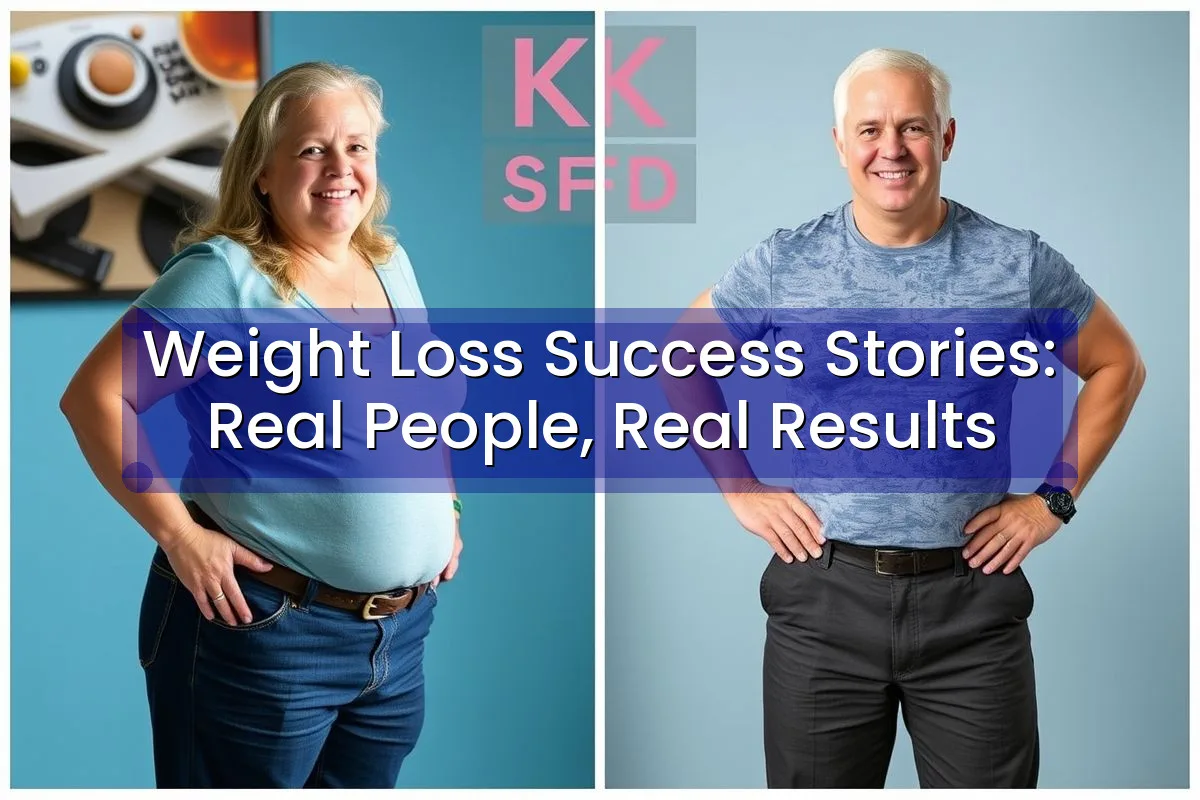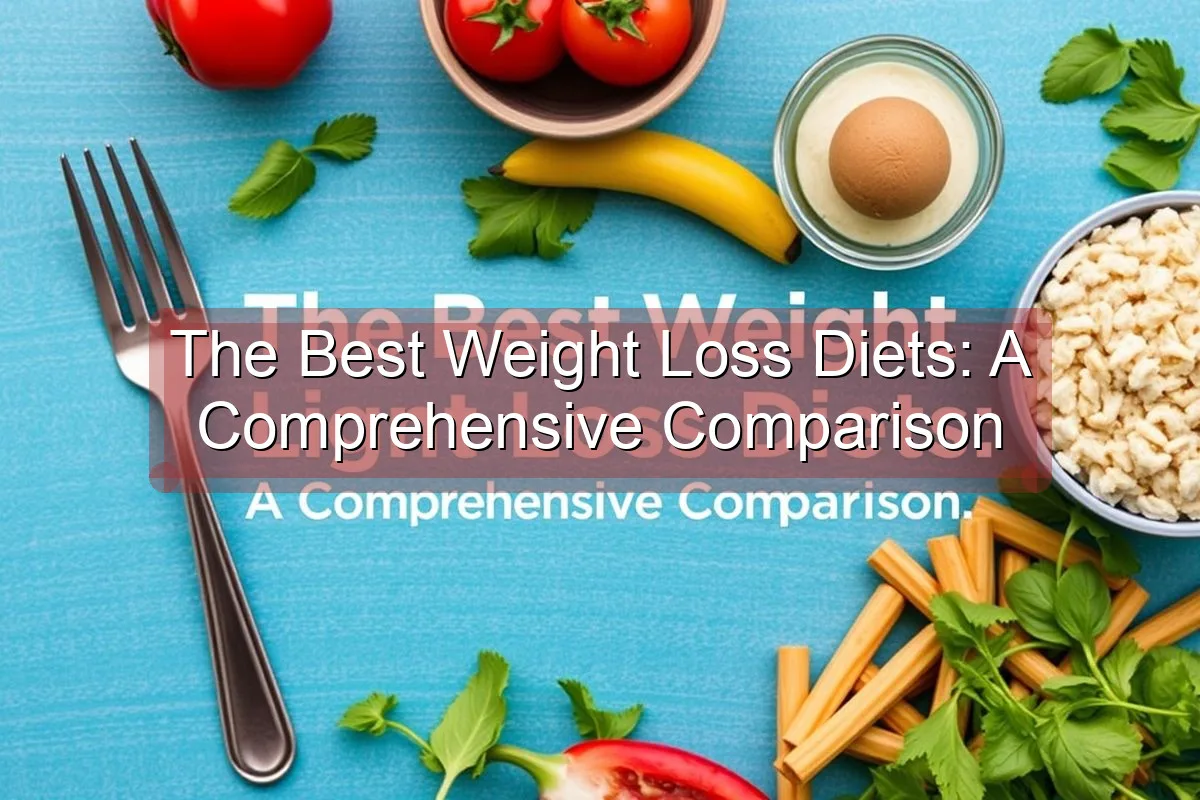Weight Loss Myths Debunked: Separating Fact from Fiction
The pursuit of weight loss is often paved with misleading information and outright falsehoods. In a world saturated with fad diets, quick-fix solutions, and sensationalized headlines, it can be challenging to discern what truly works from what is simply a myth. These myths, perpetuated by marketing schemes and misinterpreted scientific findings, can lead to frustration, disappointment, and even health complications. This article aims to debunk some of the most prevalent weight loss myths, providing you with evidence-based information to make informed decisions about your health and wellness journey. Understanding the difference between fact and fiction is crucial for achieving sustainable and healthy weight loss.
Embarking on a weight loss journey requires a clear understanding of the underlying principles of nutrition, exercise, and overall lifestyle. Many individuals fall prey to deceptive marketing tactics promising rapid and effortless results. However, true and lasting weight loss is typically achieved through a combination of balanced eating habits, regular physical activity, and a commitment to long-term lifestyle changes. By exposing these common myths, we hope to empower you with the knowledge needed to navigate the complex world of weight loss and adopt strategies that are both effective and sustainable.
Common Weight Loss Myths and Realities
Myth 1: Skipping Meals Helps You Lose Weight
One of the most persistent myths surrounding weight loss is the notion that skipping meals, particularly breakfast, can help you shed pounds. This idea stems from the assumption that fewer meals equate to fewer calories consumed. However, the reality is far more complex. Skipping meals often leads to increased hunger later in the day, which can result in overeating or making unhealthy food choices. When you deprive your body of regular nourishment, it can trigger a survival response, causing it to conserve energy and store more fat.
Moreover, skipping meals can negatively impact your metabolism. When your body senses a lack of food, it may start to break down muscle tissue for energy, which can decrease your metabolic rate. This makes it even harder to lose weight in the long run. A consistent eating schedule, with balanced meals and snacks, helps regulate blood sugar levels, maintain energy levels, and prevent excessive hunger. Instead of skipping meals, focus on consuming nutrient-dense foods that provide sustained energy and support your weight loss goals.
Studies have shown that individuals who eat breakfast regularly tend to have lower body mass indexes (BMIs) and are less likely to be overweight or obese. This is because breakfast helps kickstart your metabolism and provides you with the energy you need to stay active throughout the day. A healthy breakfast can also improve cognitive function and concentration, making it easier to make healthy choices later in the day. So, instead of skipping breakfast, opt for a balanced meal that includes protein, healthy fats, and complex carbohydrates.
Myth 2: All Calories Are Created Equal
The idea that all calories are created equal is a simplification that overlooks the crucial role of macronutrients and the impact of different foods on your body. While it’s true that weight loss ultimately comes down to consuming fewer calories than you burn, the source of those calories matters significantly. For example, 100 calories from a sugary soda will have a vastly different effect on your body compared to 100 calories from a piece of fruit or a handful of nuts.
Foods that are high in processed sugars and unhealthy fats can lead to rapid spikes in blood sugar levels, followed by energy crashes and increased cravings. These types of foods often lack essential nutrients and can contribute to weight gain and other health problems. On the other hand, nutrient-dense foods like fruits, vegetables, lean proteins, and whole grains provide your body with the vitamins, minerals, and fiber it needs to function optimally. These foods can also help you feel fuller for longer, making it easier to control your calorie intake.
Focusing solely on calorie counting without considering the nutritional value of your food can lead to a diet that is deficient in essential nutrients. This can negatively impact your health and make it more difficult to sustain your weight loss efforts in the long run. Instead of simply counting calories, prioritize eating whole, unprocessed foods that are rich in nutrients and support your overall health and well-being. Pay attention to the macronutrient composition of your diet, ensuring that you are getting enough protein, healthy fats, and complex carbohydrates.
Myth 3: Cardio Is the Best Way to Lose Weight
While cardiovascular exercise is undoubtedly beneficial for overall health, the notion that it is the sole or best way to lose weight is a misconception. Cardio can help you burn calories and improve your cardiovascular fitness, but it is not the only factor in weight loss. In fact, relying solely on cardio can lead to plateaus and even muscle loss, which can ultimately hinder your weight loss efforts.
Strength training, or resistance training, plays a crucial role in building and maintaining muscle mass. Muscle tissue burns more calories at rest than fat tissue, which means that increasing your muscle mass can boost your metabolism and make it easier to lose weight. Strength training also helps improve your body composition, making you look and feel leaner and more toned. Combining cardio with strength training provides a comprehensive approach to weight loss that maximizes calorie burn and promotes muscle growth.
Furthermore, the type and intensity of cardio you choose can also impact your weight loss results. High-intensity interval training (HIIT), which involves short bursts of intense exercise followed by periods of rest or low-intensity exercise, has been shown to be more effective for burning fat and improving cardiovascular fitness than steady-state cardio. Incorporating a variety of exercises into your routine, including both cardio and strength training, can help you avoid plateaus and keep your workouts engaging and effective.
Myth 4: Certain Foods Can Burn Fat
The idea that certain foods can magically “burn fat” is a tantalizing but ultimately misleading concept. While some foods may have thermogenic properties, meaning they can slightly increase your metabolism and calorie burn, they are not powerful enough to significantly impact weight loss on their own. The notion that you can simply eat certain foods and melt away fat is a myth perpetuated by marketing schemes and wishful thinking.
Some foods, such as chili peppers and green tea, contain compounds that have been shown to have a modest effect on metabolism. For example, chili peppers contain capsaicin, which can increase thermogenesis and fat oxidation. Green tea contains caffeine and catechins, which may also have a slight metabolic-boosting effect. However, the impact of these foods on weight loss is minimal and should not be relied upon as a primary strategy.
Instead of focusing on “fat-burning” foods, prioritize eating a balanced diet that is rich in whole, unprocessed foods. A diet that is high in fruits, vegetables, lean proteins, and whole grains will provide your body with the nutrients it needs to function optimally and support your weight loss goals. Additionally, focus on creating a calorie deficit through a combination of healthy eating and regular exercise. This is the most effective and sustainable way to lose weight and keep it off in the long run.
The Truth About Sustainable Weight Loss
Sustainable weight loss is not about quick fixes or magical solutions; it’s about making long-term lifestyle changes that support your health and well-being. This involves adopting healthy eating habits, engaging in regular physical activity, managing stress, and getting enough sleep. It also means being patient and persistent, as weight loss is a journey that requires time and effort. By focusing on creating a healthy and balanced lifestyle, you can achieve sustainable weight loss and improve your overall health.
One of the most important aspects of sustainable weight loss is finding strategies that work for you. There is no one-size-fits-all approach, and what works for one person may not work for another. Experiment with different types of exercise, try new recipes, and find healthy habits that you enjoy and can incorporate into your daily routine. It’s also important to be kind to yourself and avoid setting unrealistic expectations. Weight loss is not always linear, and there will be times when you experience setbacks. The key is to stay focused on your goals and keep moving forward.
Ultimately, sustainable weight loss is about creating a healthy and balanced relationship with food and your body. It’s about nourishing your body with the nutrients it needs, staying active, and taking care of your mental and emotional well-being. By adopting these principles, you can achieve sustainable weight loss and improve your overall quality of life. Remember that the journey is just as important as the destination, and that every small step you take towards a healthier lifestyle is a step in the right direction.
Weight Loss Comparison Table
MythRealitySkipping MealsLeads to overeating and decreased metabolism.All Calories Are EqualNutrient source matters; focus on whole foods.Cardio is BestStrength training is crucial for muscle mass and metabolism.Certain Foods Burn FatNo magical fat-burning foods; focus on balanced diet.
- Weight Loss Tips
- Eat plenty of fruits and vegetables
- Stay hydrated by drinking plenty of water
- Get enough sleep
- Manage stress through relaxation techniques
- Engage in regular physical activity
Frequently Asked Questions About Weight Loss
“`














Leave a Reply